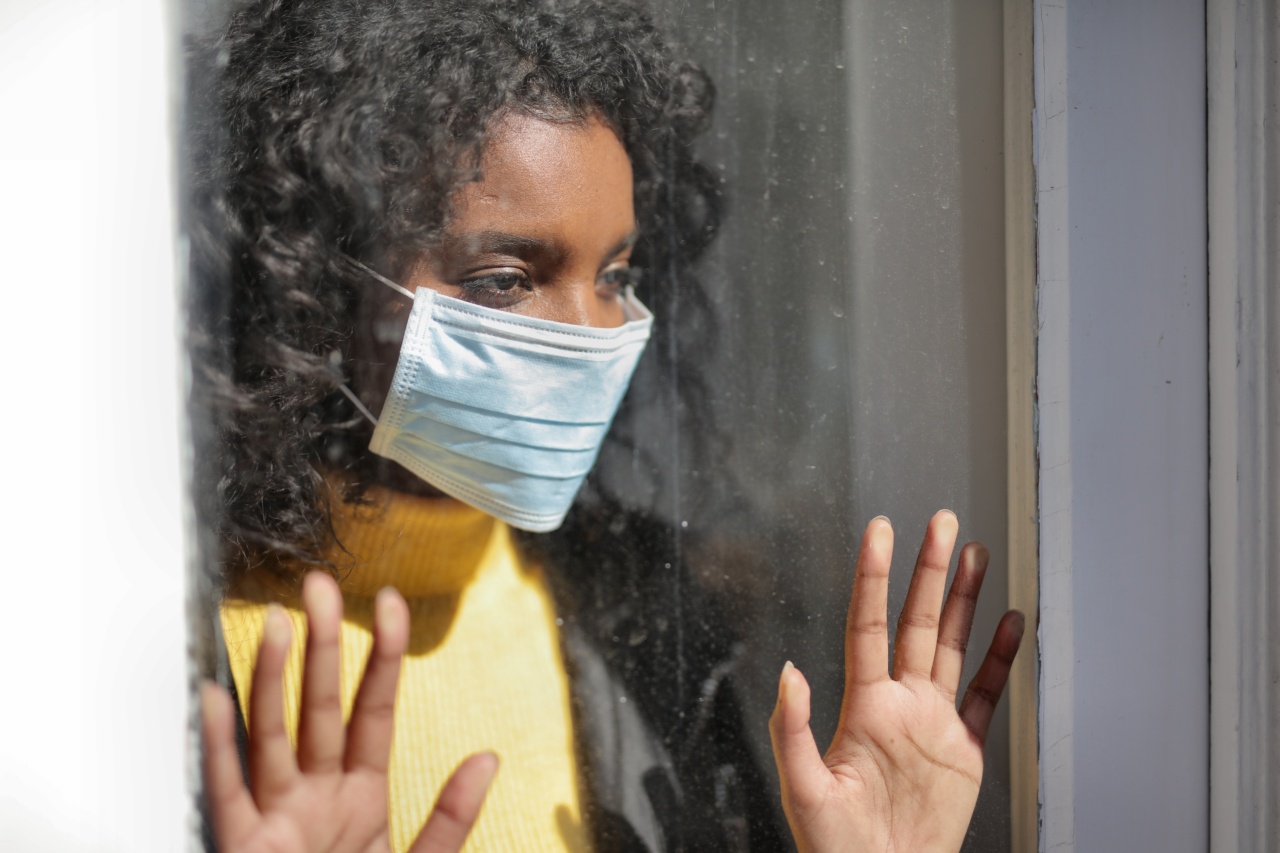Social isolation is a growing concern across the world, with more and more people struggling with loneliness and feeling cut off from others.
The effects of social isolation can be extremely harmful to an individual’s physical, mental, and emotional health.
What is Social Isolation?
Social isolation refers to a lack of contact or connection with others. This can happen for a variety of reasons, such as living in a remote area, physical limitations, or issues with mobility.
Social isolation can also occur when an individual feels disconnected or left out from their community or social group.
The Effects of Social Isolation
Social isolation can have a negative impact on an individual’s physical health, with research showing that it can increase the risk of heart disease, stroke, and other chronic conditions.
It can also lead to a weakened immune system, making individuals more susceptible to illness and disease.
Social isolation can also affect an individual’s mental and emotional health. Feelings of loneliness and isolation can lead to depression, anxiety, and even suicidal thoughts.
Individuals who are socially isolated are more likely to experience cognitive decline and other mental health issues as they age.
The Warning Signs of Social Isolation
It can be difficult to recognize when someone is struggling with social isolation, but there are some warning signs to look out for. These can include:.
- Withdrawal from social activities or events
- Spending a lot of time alone
- Loss of interest in activities they once enjoyed
- Difficulty sleeping or changes in appetite
- Decreased energy or motivation
- Difficulty concentrating or making decisions
Preventing Social Isolation
Preventing social isolation is an important step in maintaining physical, mental, and emotional health. There are several ways to help prevent social isolation, including:.
- Joining a club or group based on a shared interest
- Volunteering in the community
- Attending events and activities in the local area
- Spending time with family and friends
- Reaching out to others who may be struggling with social isolation
Helping Someone Who is Socially Isolated
If you suspect that someone you know is struggling with social isolation, there are several things you can do to help. These include:.
- Reaching out to them and inviting them to social events or activities
- Encouraging them to participate in group activities or clubs
- Offering to help them find resources in the community
- Checking in on them regularly and offering emotional support
The Importance of Connection
Connection is important for maintaining physical, mental, and emotional health. It can be difficult to make connections in the modern world, but it is essential for our overall wellbeing.
By taking steps to prevent social isolation and helping others who may be struggling, we can create a more connected and healthier community.































